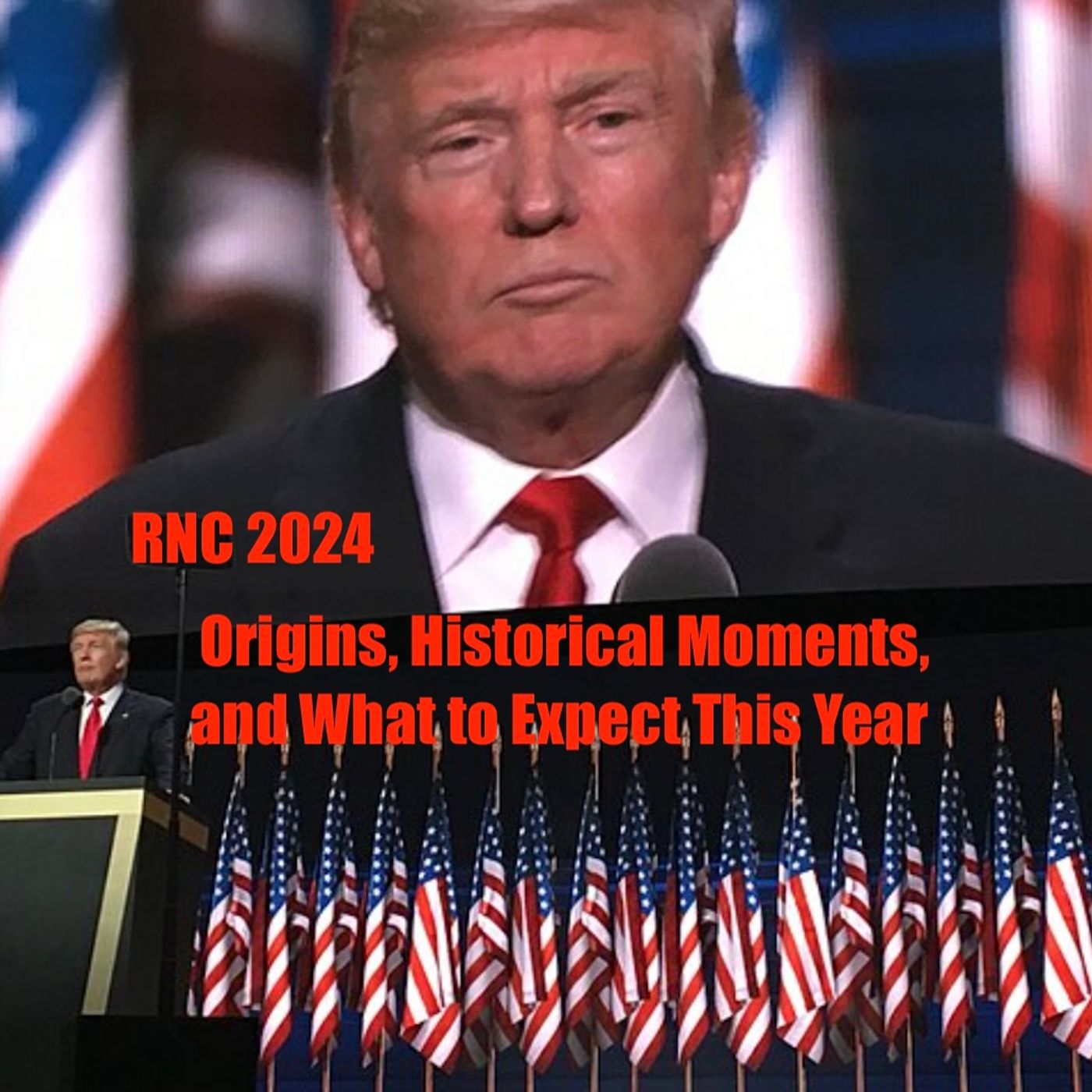Pivotal Precedents: The GOP's Legal Strategies Shaping Election and Immigration Landscapes
Description
The U.S. Court of Appeals for the Fifth Circuit recently made headlines with its decision in Republican National Committee (RNC) v. Wetzel, underscoring the judicial impacts of partisan battles and setting significant legal precedents regarding election law and regulations. This case, pivotal in its timing and implications, reflects the ongoing legal strategies employed by major political parties to shape electoral outcomes and policy on the national stage.
The RNC's involvement in litigation and other legal maneuvers highlights its strategic use of the judiciary to pursue political goals, particularly concerning voter regulations and related issues. These efforts are part of wider, coordinated strategies that aim to preserve or reshape current laws in ways favorable to their electoral prospects. The RNC, historically, has taken an aggressive stance on issues pertinent to election integrity, voter ID laws, and registration processes, reflecting broader ideological stances associated with the Republican agenda.
The Fifth Circuit's decision in RNC v. Wetzel specifically carries implications for how both state and federal laws are interpreted and enforced in the context of elections. While the specifics of the court's ruling were not discussed, the outcome suggests ongoing battles over election law will continue to be a central issue as the U.S. approaches other significant elections. Courts often play a crucial role in resolving disputes over election procedures, voter eligibility, and other critical aspects of the democratic process, making each case of this nature particularly noteworthy.
Simultaneously, former President Donald Trump's persistent advocacy for stringent immigration policies and his alarming promise of "mass deportations" if re-elected highlights another dimension of the Republican platform—immigration. Trump's statements, resonating with a segment of the GOP base, reflect longstanding debates within the party about the best approach to national security and demographic changes. His previous administration's policies on immigration sought to significantly restrict both legal and illegal immigration, plans that he suggests will be expanded upon in a potential second term.
These developments point to a broader narrative of how the Republican Party is positioning itself heading into future elections. Legal strategies, whether about election law or immigration, reflect broader party ideologies and campaign promises. As the GOP continues to navigate its identity post-Trump and as newer leaders emerge, these legal battles and the associated rhetoric are likely insights into how the party plans to appeal to voters and harness political power.
Overall, the RNC’s legal involvements and Trump’s campaign promises are potent reminders of how deeply legal and political strategies are interwoven within the party’s efforts to not only win elections but to significantly influence American legislative and social landscapes. As the nation edges towards another election cycle, all eyes will be on how these strategies evolve and what impact they will have on the political climate and governance of the United States.
More Episodes
The appointment of Linda McMahon, a former WWE CEO, as the Secretary of Education by President Donald Trump has elicited mixed reactions from various quarters. McMahon, primarily known for her executive role in the world of professional wrestling and her co-chairmanship of Trump’s transition...
Published 11/20/24
Published 11/20/24
As the race for the 2024 Republican nomination heats up, former RNC Chair Michael Steele has been vocal in his criticism of new strategies emanating from Donald Trump's camp. In a recent commentary, Steele openly rebuked what he referred to as a "crazy" new plan by Trump, indicating a growing...
Published 11/18/24


